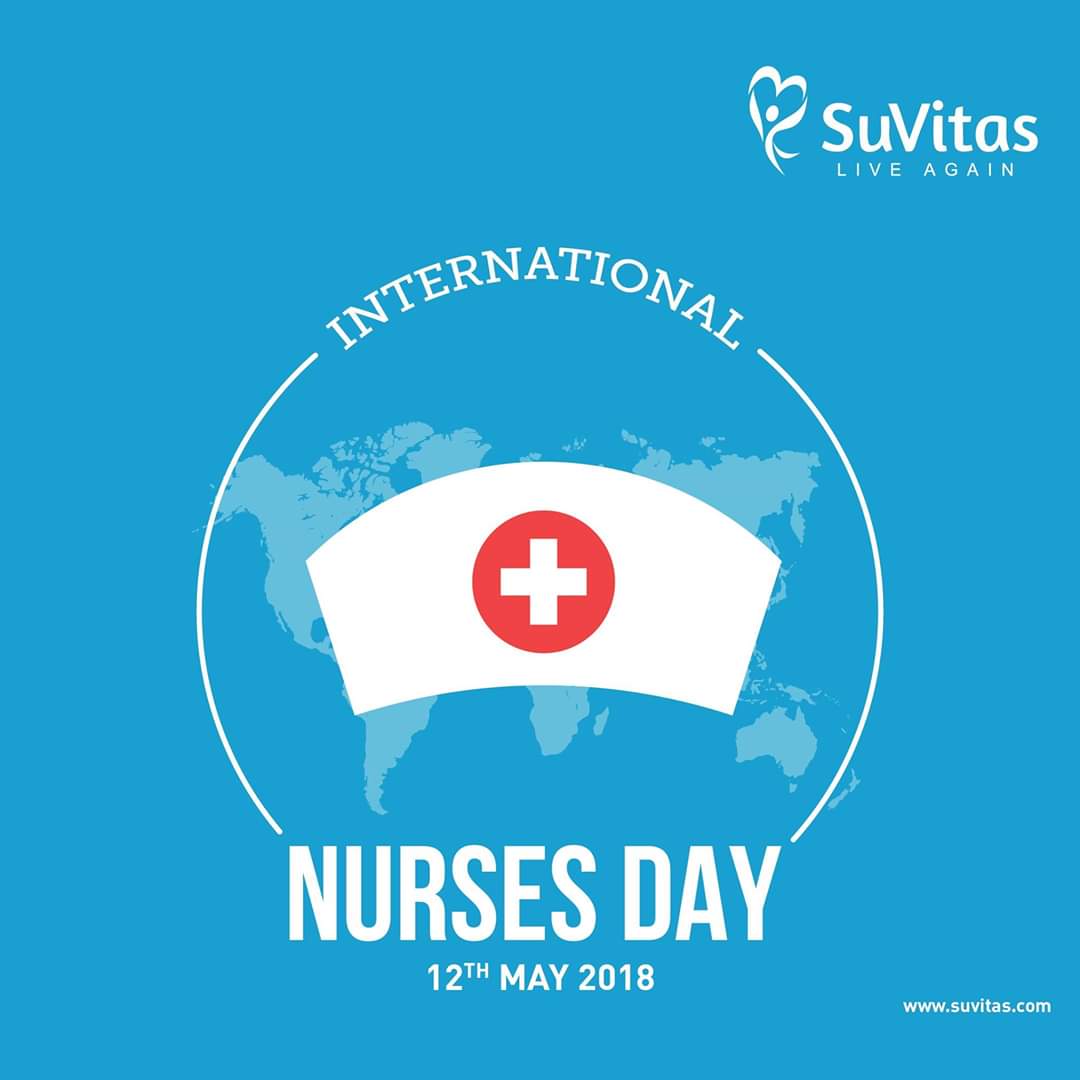Geneva – Nurses and other health care workers on the frontlines of the fight against COVID-19 deserve to be recognized and commended for their lifesaving efforts and personal sacrifices amid increased medical risk — and in some places amid ostracization, harassment and attack.
The International Council of Nurses and the International Red Cross and Red Crescent Movement are jointly celebrating International Nurses Day this May 12, to laud nurses around the globe, and in particular those managing an unprecedented workload by treating patients with COVID-19 while also maintaining other essential health services.
Although many communities have made it a point to thank medical professionals, in other locations there are worrying reports of harassment and violence against nurses and other health care personnel linked to the COVID-19 response, including in public transportation and at health workers’ own homes.
“Nurses are the world’s life-savers. They are risking their own health and too often sacrificing time with their family to help those suffering from COVID-19,” said Robert Mardini, the director-general of the International Committee of the Red Cross. “It’s heartening to see many communities praise and thank nurses, but it’s distressing that other nurses face harassment, stigmatization, and even attack.”
“The safety of health care workers during this pandemic is crucial for communities to overcome the disease. They not only save people from COVID-19, they also ensure the continuity of life saving health services to protect people from accidents and other illnesses,” said Jagan Chapagain, Secretary General of the International Federation of Red Cross and Red Crescent Societies. “We are concerned that the pandemic is putting pressure on medical staff and health systems to a breaking point, especially in vulnerable and fragile settings.”
“Stigmatization and violence against nurses and other health workers in some countries is shocking; the only response is zero-tolerance,” said International Council of Nurses President Annette Kennedy. “The pandemic has seen frontline nurses rightly recognised as heroes, but they are also ordinary mothers and fathers with their own families to protect. They deserve to be able to work free from fear, whether because of a lack of PPE or because of harassment and attack.”
Nurses serving vulnerable communities in poorer areas of the world are also particularly at risk due to COVID-19. As it turns out, the World Health Assembly’s designation of 2020 as the International Year of the Nurse and the Midwife was a prescient show of appreciation, Kennedy said.
Personal protective equipment, or PPE, is key to protecting the health of medical workers and should be prioritized for them. Additionally, there is an urgent need to ensure that PPE and other medical supplies are available and accessible in low-resource and conflict countries through national measures and intergovernmental cooperation.
In the countries hardest hit by the pandemic, where health care systems are functioning reasonably well, around 10 percent of health care workers have been infected with COVID-19, a huge number of people that may well be an underestimation. This percentage could be much higher in places with healthcare systems already strained by conflict or longstanding lack of investment.
The Red Cross and Red Crescent and the International Council of Nurses call on governments to commit to ensuring the protection and safety of nurses and other health workers, especially in resource-poor, disaster and conflict settings. It is only by ensuring the health and safety of healthcare workers that we – collectively and globally – can ensure a competent medical response in this time of COVID-19.








